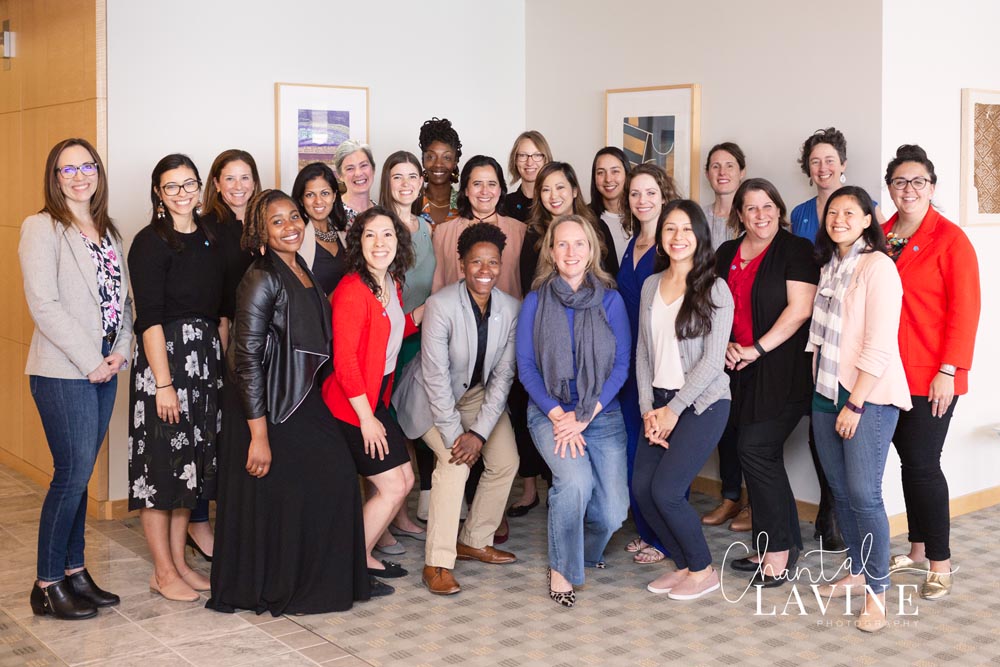Coro’s Approach
To Diversity, Equity, Inclusion, and Belonging
Background
This document is an effort to make explicit to the Coro network and broader community our approach to Diversity, Equity, Inclusion, and Belonging and how it connects to our history and mission as an organization. We call this a “living document” because it will be regularly reviewed and updated by staff, board, and network members.
Since Coro’s founding in 1942, in addition to preparing future leaders, the organization also explored questions about the inextricable links between diversity and the establishment of a thriving democracy. Specifically:
- Are there blocks within human nature that work against the acceptance of diversity, which is so necessary in a democracy?
- Is there a “political intelligence” that any human being, of whatever age, ethnic allegiance, experience and so on, can use to resolve differences and make decisions?1
For decades, Coro programs have explored these questions with a fundamental belief that we need more people who can work and lead across difference — and that knowing, appreciating, and having meaningful relationships with a diversity of ideas, perspectives, and lived experiences, often embodied by race, ethnicity, gender, age, sexual orientation, and political ideology, is a requirement for leading in a thriving democracy.
What We Believe
We believe that diversity, equity, and inclusion work is a lifelong commitment and an ongoing process of self-awareness. We believe that our understanding of human identity will continue to evolve and that as leaders we will need to continue to engage and grapple with these questions.
We believe that each person has multiple identities and lived experiences that inform our thoughts, actions, experiences, and decision-making.
We believe that getting stuck in echo chambers reinforces our perspectives and prevents us from examining or considering how others are experiencing the same reality.
We believe that a critical component of effective and ethical leadership is the ability to work and collaborate across differences, specifically the ability to recognize, embrace, and include the unique qualities and perspectives of individuals across identities.
We believe that thinking critically about the causes and consequences of inequity, the systems that sustain inequity, and how to disrupt these inequities is required for ethical and effective leadership in the 21st century. A systems perspective aids leaders in understanding and addressing the factors that maintain these systems.
We believe a sense of belonging empowers people to effectively work and lead across differences and that leaders must work to create these conditions.
“Belongingness entails an unwavering commitment to not simply tolerate and respect difference but to ensure that all people are welcome and feel that they belong in the society. We call this idea the ‘circle of human concern’.”2
We strive to create these conditions in Coro programs and to inspire others to create these conditions across the Coro network.
Our Working Definitions:
- Diversity: The presence of a variety of human characteristics, and valuing individuals with multiple identities and lived experiences.
- Equity: The practice of providing and increasing just inclusion that enables all people to contribute, prosper, and reach their full potential.
- Inclusion: Creating environments where people’s differences are represented and respected.
- Belonging: An experience of psychological safety that allows all people to feel welcome, able to take risks, and have a sense that they belong.
We invite your feedback. Share your thoughts here.
- From “Coro: Creation, Concepts, Contributions”, 2008 Coro National Alumni Association.
- john a. powell and Stephen Menendian, “The Problem of Othering: Towards Inclusiveness and Belonging” http://www.otheringandbelonging.org/the-problem-of-othering/.
